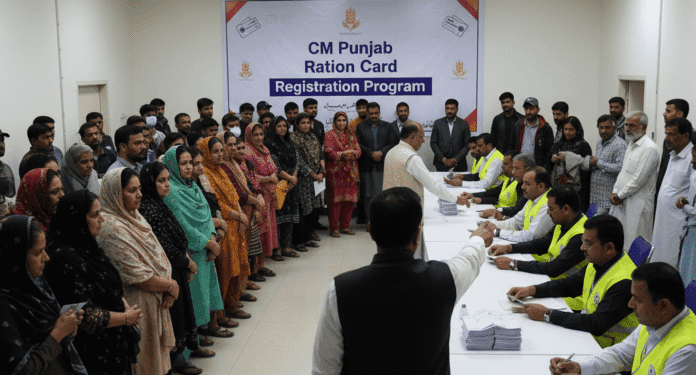Federal government shutdowns have become a recurring topic in U.S. politics and economics. Every few years, headlines appear about Congress failing to agree on a budget, leading to partial or complete closure of government operations. While the term may sound technical, shutdowns directly affect millions of citizens, employees, and businesses.
This article explains what federal government shutdowns are, why they happen, their impacts, and what can be done to prevent them.
What Are Federal Government Shutdowns?
A federal government shutdown occurs when Congress does not pass funding bills or a temporary funding measure, known as a continuing resolution. As a result, many federal employees are furloughed (sent home without pay) or asked to work without immediate compensation.
The shutdown mechanism began in the late 20th century when legal interpretations required agencies to stop operations without allocated funds. Since then, shutdowns have been used as political tools, often reflecting partisan divides.
Main Causes of Federal Government Shutdowns
Several factors can lead to federal government shutdowns:
Budget Deadlocks: Disagreements between the House and Senate on spending priorities are the most common cause.
Political Strategy: Shutdowns may be used to gain concessions on unrelated policies.
Policy Disputes: Conflicts over healthcare funding, defense, or border security often trigger shutdowns.
Short-Term Funding Measures: Dependence on temporary resolutions increases the risk of lapses.
Notable Federal Government Shutdowns
History has seen multiple shutdowns that highlight the political stakes:
1995-1996: A 21-day shutdown caused by disputes between President Bill Clinton and Congress.
2013: A 16-day shutdown over disagreements about the Affordable Care Act.
2018-2019: The longest shutdown, lasting 35 days, triggered by border wall funding disputes.
These events demonstrate the widespread disruption caused by funding disagreements. For more historical information, see Congressional Research Service Reports.
Impacts of Federal Government Shutdowns
Shutdowns affect multiple areas of society:
Federal Employees: Many face delayed pay or unpaid furloughs, causing financial stress.
Public Services: Agencies like national parks, visa offices, and tax services may slow or halt operations.
Economy: Shutdowns can cost billions in lost productivity and economic activity.
Public Confidence: Citizens may lose trust in political institutions.
For example, the 2018-2019 shutdown reportedly cost the U.S. economy around $11 billion, according to the Congressional Budget Office.
How Shutdowns Affect Citizens
For regular citizens, federal government shutdowns can cause frustration. Social Security payments may continue, but new applications, passports, or permits can face delays. Small businesses relying on federal contracts also experience uncertainty, showing how shutdowns ripple through communities beyond Washington, D.C.
Potential Solutions
Experts suggest several reforms to minimize shutdowns:
Automatic Continuing Resolutions: Ensure basic funding continues even if Congress misses deadlines.
Bipartisan Budget Talks: Encourage cross-party negotiations early in the year.
Public Accountability: Increase transparency about economic costs to discourage political brinkmanship.
Implementing these solutions could reduce the frequency and impact of future shutdowns.
The Future Outlook
Federal government shutdowns are likely to continue unless structural reforms occur. Political polarization and narrow Congressional margins make budget agreements challenging. However, growing public pressure for accountability could lead lawmakers to cooperate more.
The future of shutdowns depends on citizens demanding transparency and responsibility from elected officials.
Conclusion
Federal government shutdowns are not just political events—they affect the economy, government employees, and everyday citizens. While disputes over funding may persist, solutions exist to reduce disruption and improve stability.
Ultimately, fewer shutdowns are possible when lawmakers collaborate effectively, highlighting the importance of compromise in maintaining a functional democracy.











